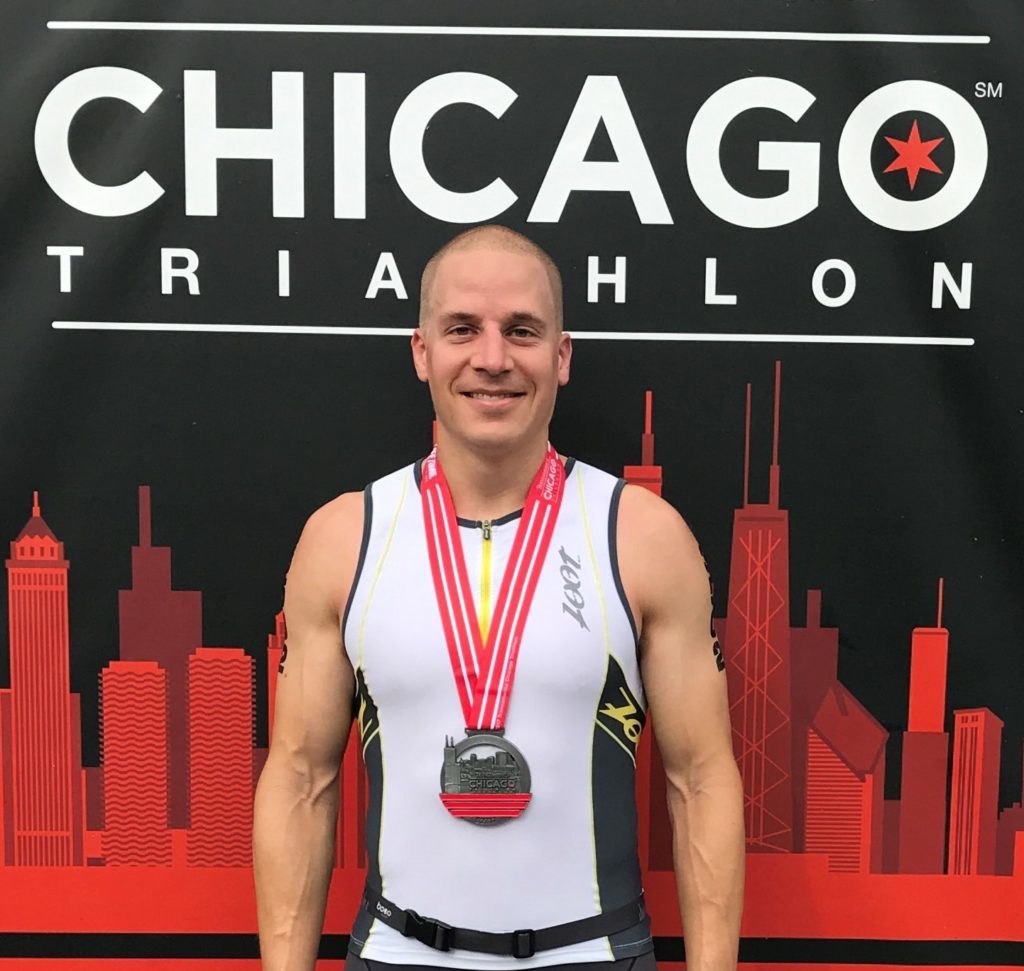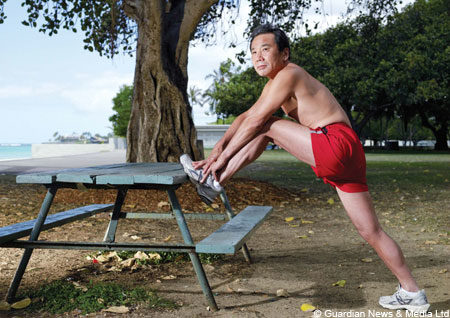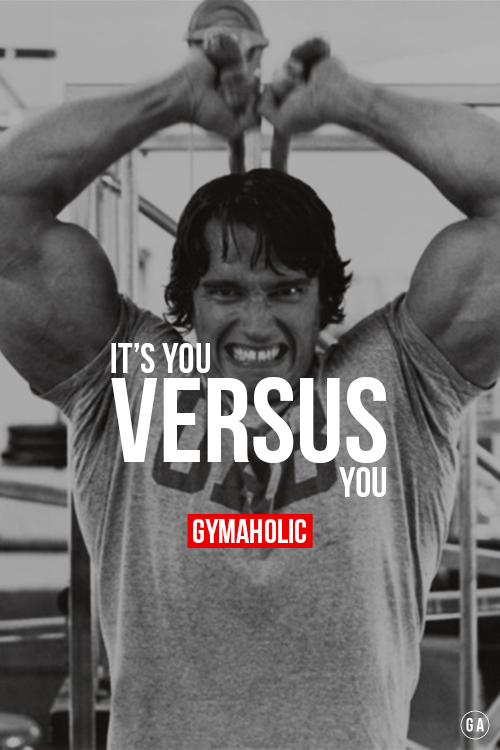Greg Hickey is a former professional baseball player/coach, personal trainer and philosophy student and current endurance athlete and author.
In his first college philosophy course, he wrote his final paper (and in hindsight, his first KineSophy article) on examples of physical activity and physical virtues in major philosophical works. Three years later, he wrote a philosophy thesis on moral values while playing his final season of college baseball.

After college, he spent a year working as a player and coach for baseball teams in Sweden and South Africa and writing his first novel. He then returned to the United States and became a personal trainer while earning a Master’s degree.
H also took up endurance sports and has raced several marathons and triathlons, including the Boston Marathon, an Ironman triathlon and the Man vs. Horse race (which is exactly what it sounds like).
KineSophy is his exploration of the connections between health, fitness, sports, philosophy and society, with a particular emphasis on incorporating physical virtues into a plan of ethics. You can see all of his works here.

If you had to define all that you do in a title, what would you say?
If you’re talking about the end product of KineSophy (and my other written work), I would say “author.” Of course, that title encompasses more than just writing. For KineSophy, it means researching—both in terms of reading other work on health and fitness and exploring my own fitness journey—as well as designing a website, communicating regularly with my audience and connecting with other writers and thinkers working in a similar space.
If you’re talking about my life as a whole, I would say “explorer.” Much of the practice of writing about anything involves the intellectual exploration of existing ideas and novel trains of thought. With KineSophy, which delves into questions related to health, fitness, sports, philosophy and society, this exploration is also physical. I’m constantly trying different approaches to fitness—different exercises, different training methodologies, etc.—and different foods and diets to see what works best for me. All of this intellectual and physical exploration gets synthesized into what I write on KineSophy and informs the way I live my life.
You call KineSophy is your exploration of the connections between health, fitness, sports, philosophy, and society. What is this connection? Or simply, what is KineSophy?
There are myriad connections between those disciplines. I began this project by looking at the ethics of health and fitness. For example, ancient Greek philosophers like Aristotle regularly wrote about physical virtues, such as strength. Over time, philosophy has tended to focus more on other-directed virtues, like kindness, honesty and justice. One of the first projects I took on with KineSophy was to try to put physical virtues back into a comprehensive theory of ethics. So strength, mobility, speed and endurance are virtues in the sense that they are qualities we should strive to possess, just like the more commonly accepted other-directed virtues.
Additional connections that I’ve explored on KineSophy include issues of fair play (such as performance-enhancing drug use) in sports, gender and racial equality in sports, fitness and other physical activities like military service, and the benefits of physical activity for cognitive ability, pro-social behavior and emotional well-being. KineSophy comprises my thoughts on all of these issues and more, as well as the perspectives of other writers and thinkers working on similar topics.
When I was looking about philosophers thought on movement and exercise, I found big names like Plato, Aristotle, Rousseau, Kant, and Heidegger encouraged it. Kierkegaard was very fond of regular walking and he even said that walking helped him a lot in thinking. Do you think exercise can help us to think better? In what ways?
Yes, I do think exercise can help us think better. In addition to Kierkegaard, Aristotle was also famous for conducting walking lectures at his school, the Lyceum. He and his students were known as peripatetics, meaning “people who walk about.” And like you mentioned, there are many other philosophers who have encouraged physical activity.
In recent years, there has been considerable research showing that exercise and movement improve many aspects of cognitive performance, from increased childhood learning to better memory retention as we age. Interestingly enough, the physical-intellectual connection seems to run both ways. Thinking about performing a specific physical movement (without actually performing that movement) has been shown to improve the strength of that motion. Scientists believe this phenomenon results from improvements in the brain’s ability to signal the target muscle(s), and it has important implications for recovering movement and strength after an injury. There is also research which shows that using mental imagery of physical activities such as putting a golf ball or performing gymnastics skills in addition to physical practice improves those abilities more than does physical practice alone.
When you say “a person should be intelligent and fit”, do you mean that it’s our ethical duty to be ‘intelligent and fit’ and if we don’t live that way it will be unethical? And what is ‘fit’ in your opinion? Or when you call a person ‘a fit one’ from a philosophical perspective?
I consider ethics to be the set of directives which lay out the qualities a person should have or the actions she should perform, where by “should” I mean that it would be better to have such qualities or perform such actions than not. Given that understanding of ethics, it seems obvious that a person should strive to be intelligent, physically fit, honest, kind, just, etc.
That said, I think the question of which virtues take precedence remains open. Different people will say that intelligence is more important than compassion or that honesty is more important than physical fitness. But I wouldn’t call people who fall short of a few virtues unethical. I consider Mother Teresa an extremely ethical person even though she wasn’t a paragon of physical fitness. But she would have been an even better person had she been an Olympic caliber athlete in addition to performing her laudable charity work.
What’s especially intriguing to me is how these virtues interact. Even people who seem to have no interest in physical fitness really ought to care about this virtue. Take someone who is only interested in maximizing his physical pleasure. On the surface, this person might avoid physical fitness because he finds exercising and eating vegetables unpleasant. But it turns out that exercise reduces some of the negative side effects of many hedonistic pleasures (such as the consequences of heavy drug and alcohol use and poor eating habits). It also helps enhance some physical pleasures, such as by increasing appetite and sex drive.
On the other end of the ethical spectrum are people who only care about helping others. But perhaps the best way to help others is to find a high-earning career that provides you a lot of money which you can donate to charitable causes. And research shows that people who exercise earn more money than people who don’t. So whatever your primary ethical interest, it seems you have reason to care about physical virtues as well.
When it comes to the ethics of physical fitness in particular, we are talking about physical movements. We define any movement by 1) the amount of force applied, 2) the distance over which that force is applied, and 3) the speed at which the force is applied. So those are the criteria by which I define standards of fitness. For 1), I think a person should be able to lift and move another person of similar size to safety, as in the case where the person to be moved is lying unconscious in a burning building. So a person should be able to deadlift her own body weight. For 2), I think people should be able to travel the world and enjoy a meal or go to the bathroom without insisting that their hosts provide chairs or sit-upon toilets. So a person should be able to squat for about ten minutes. And for 3), humans once used to hunt animals by literally running the animals to death, working in a group to chase the animal for up to twenty miles over five or so hours. Most people don’t hunt this way anymore, but that capacity for endurance remains. A modern equivalent would be running/walking 5,000 meters (in America, the average distance to the nearest hospital) in about thirty-six minutes.
So those are my three minimum capacities for fitness. Of course, they will change with factors such as age, physical disability, etc. I don’t expect an eighty-year-old grandmother to be able to lift her bodyweight like I would expect from a healthy adult in her mid-twenties. Also, these three physical virtues line up pretty well with longevity. Greater lower body strength, mobility and cardiovascular endurance are all strongly correlated with reduced mortality. In other words, the three capacities I described above are movement parameters people should perform for non-fitness reasons, and they also accord pretty well with the traditional idea of physical fitness.
For building body or staying fit we need protein and best source of protein is animal. But killing an animal for food is ethically problematic. How do you deal with this ethical problem?
It turns out that it’s very difficult for humans to avoid killing animals in order to obtain food. Pesticides are used to kill anything that might eat plants grown for human consumption, including insects, birds and frogs. These chemicals can also enter bodies of water and kill fish and other aquatic life. Even if farmers abstain from pesticide use, animals are killed to make room for agricultural land. When tractors go through fields to harvest, they crush and chop up rabbits, mice and other small mammals.
Plus, livestock animals are actually an important part of restoring arable land and maintaining the ecosystem. Not all land is suitable for growing crops. The land that is not can be used to raise livestock. And even the land that is suitable for agriculture cannot be used continuously without chemical fertilizers. But grazing animals can help restore this land by turning over the soil and providing natural fertilizer in the form of manure.
In general, I agree that we should avoid causing suffering and death whenever possible. The way I try to do that is to avoid factory farmed and unsustainably sourced foods as much as possible. These practices involve cramped living conditions and painful lives and deaths for the animals, as well as large-scale environmental destruction. Instead, I seek out pasture-raised, grass-fed meat and animal products, sustainably caught seafood and organic produce. These foods are more nourishing than factory farmed foods and involve less animal suffering.
Please share your best fitness tips with us.
I believe many aspects of fitness that translate very well to the rest of life. Because we deal with tangible physical changes and efforts in fitness, those aspects are often more apparent in fitness than they are in other spheres of life. So my biggest tip for making changes in fitness (and in life), is to set a challenging, concrete, realistic goal, develop a plan to reach that goal, stick to the plan, and continually assess your progress.
Say you want to lose weight. Don’t make “lose weight” your goal. Losing half a kilogram would count as meeting your goal but probably isn’t the result you’re looking for. Instead,
- Set an exact amount of weight you want to lose and a reasonable time frame to hit that target. For example, “I want to lose ten kilograms in five months.” Break long-term goals up into smaller chunks. If you want to lose ten kilograms in five months, aim to lose two kilograms every month or one kilogram every two weeks.
- Come up with a plan to help you meet your goal in the time frame you’ve established. How exactly will you change your diet? What new exercise routine will you adopt?
- Start putting your plan into action. If you can’t stick to the plan, go back and change it to one you can fulfill. You may also need to adjust your goal if it looks too ambitious.
- Once you’re able to stick to your plan for a couple weeks, assess your progress. Are you on track to meet your weight-loss goal? If so, keep going. You’ll probably have extra motivation to stick to the program. If not, go back and adjust your plan. Tweak your diet. Add an extra day in the gym each week or go for a walk during your lunch break.
- Continue with your plan until it stops working or until you meet your goal. Then set a new one.
Thank you for your time, Greg!
Thank you for giving me this opportunity to share!




